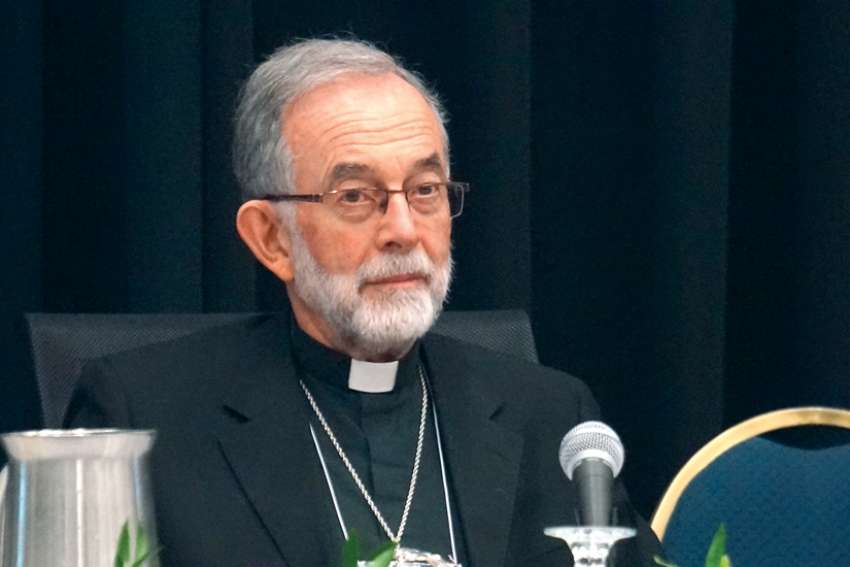“Poverty is not a purely economic deficiency. Persons in need may also require emotional and spiritual support, in addition to social and financial support,” a new CCCB statement on poverty and affordable housing in Canada states.
The report, “Poverty in Canada: Ensuring safe, secure and affordable housing” issued through the Commission for Justice and Peace, offers a snapshot of poverty in Canada today and addresses the role the lack of adequate housing has in perpetuating the cycle of poverty.
“Through this statement, the Catholic bishops of Canada call for collaboration between charitable organizations, all levels of government and dioceses/eparchies, as well as local parishes, to support individuals who are in need,” the CCCB said.
According to the CCCB’s report, between 3.8 million and 4.8 million Canadians are living in poverty.
“This is in part caused by an economic environment of precarious or part-time employment leading to unstable work and income. In an economy that perpetuates poverty, Canadians also face a social assistance system that can be difficult to access when in a position of poverty. These dangers are more prominent among women, as well as Indigenous people, of whom about one-quarter currently live in poverty,” according to the CCCB.
One of the issues highlighted in the CCCB report is that Canadians who don’t have adequate housing or any housing at all often face barriers to access government and societal support.
According to the CCCB report, about 25,000 Canadians are “chronically homeless.”
“These individuals become exiles within their own society, and social exclusion itself can be a form of poverty. Because they lack an address, the homeless are often unable to access social programs, send their children to school or obtain gainful employment,” the CCCB states, while acknowledging the federal government has recently developed a National Housing Strategy with a goal of providing stability to families.


